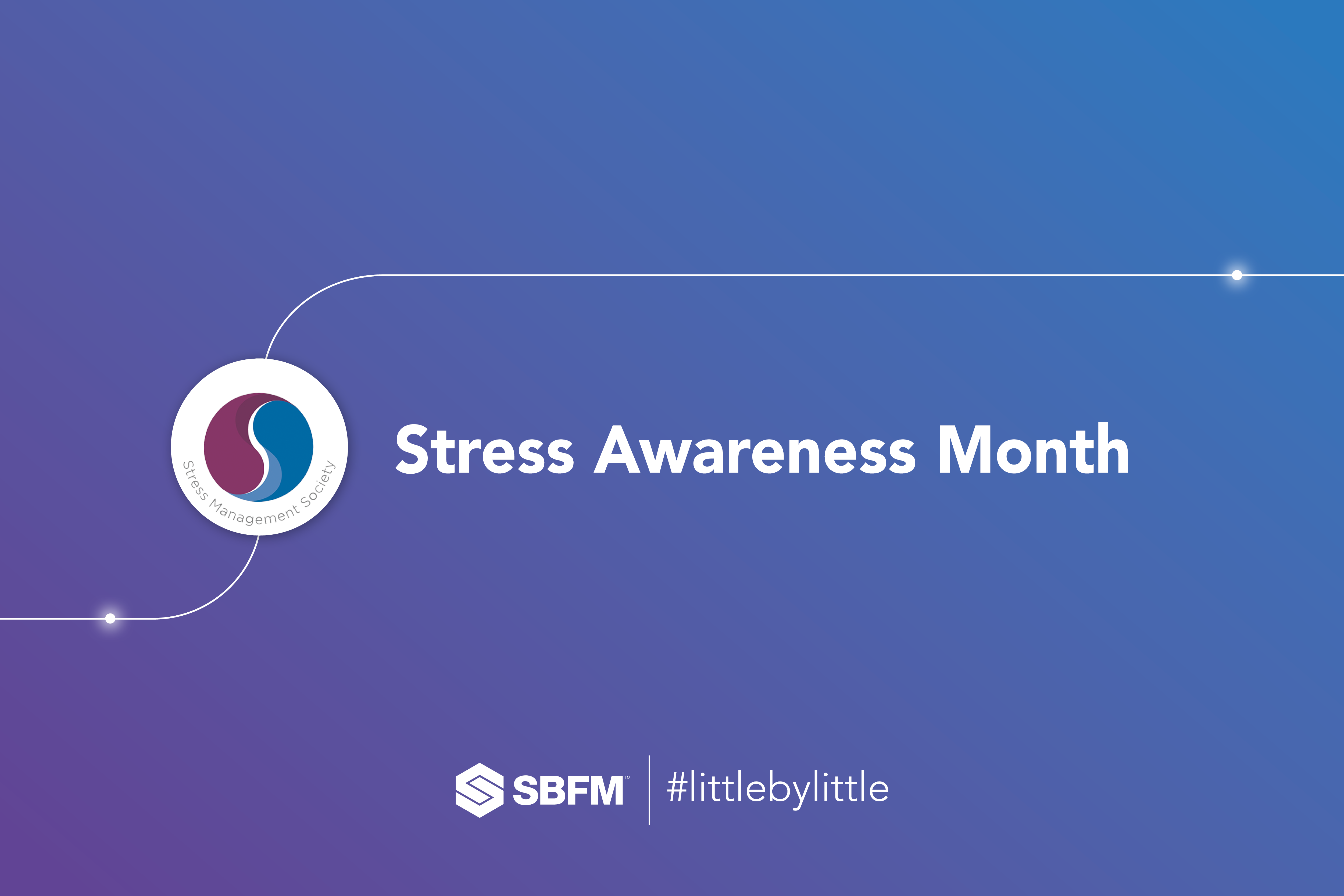- April 5, 2024

Stress – it’s a common part of our daily lives, yet its impact on our mental and physical health can be huge. This year’s theme is #LittleByLittle and shines a light on the impact that small, gradual steps can have in alleviating stress.
Understanding Stress
Firstly, let’s acknowledge that stress is a natural response to challenges and demands in life. Whether it’s work deadlines, relationship issues, financial worries, or health concerns, stress can manifest in various forms and intensities. However, prolonged or excessive stress can take a toll on our wellbeing, leading to anxiety, depression, sleep issues, and even physical health problems, to name a few.
Managing Stress: Finding What Works for You
The good news is that there are many techniques and
resources available to help manage stress. What works for one person may not
work for another, so it’s essential to explore different options and discover
what resonates best with you. Here are some effective approaches to consider:
1. Exercise and Physical Activity
Physical activity is not just beneficial for our bodies; it’s also a powerful stress reliever. Whether it’s going for a brisk walk, practicing yoga, or hitting the gym, exercise can help release endorphins, improve mood, and reduce tension. Aim for at least 30 minutes of moderate intensity exercise most days of the week for optimal benefits.
2. Mindfulness and Meditation
Mindfulness techniques, such as meditation and deep breathing exercises, can help create a sense of calm and presence in the moment. Taking a few minutes each day to practice mindfulness can significantly reduce stress levels and enhance overall wellbeing. Consider using mindfulness apps or attending mindfulness classes to support your practice.
3. Talk About It
Don’t underestimate the power of talking. Whether it’s with a trusted friend, family member, or mental health professional, expressing your concerns and emotions can provide relief and perspective. Remember, it’s okay to seek support when you feel you need it.
4. Use Technology
In today’s digital age, there are so many stress management tools and apps available at your fingertips. From relaxation music playlists to guided meditation apps and mood tracking tools, technology can be a valuable resource for stress management. Experiment with different apps to find ones that work best for you.
5. Seek Support from Mental Health First Aiders
In many workplaces, including our own, there are trained Mental Health First Aiders who are available to provide support and guidance to employees facing mental health challenges, including stress. Don’t hesitate to reach out to them if you need someone to talk to or if you’re seeking ways to help cope with stress.
Prioritise Your Wellbeing
As we navigate the complexities of life, it’s essential to prioritise our mental and emotional wellbeing. By taking proactive steps to manage stress and seeking support when needed, we can help create resilience and enhance our overall quality of life. This #StressAwarenessMonth, let’s commit to prioritising self-care and supporting one another on our journey to better mental health and remember, you’re not alone.
